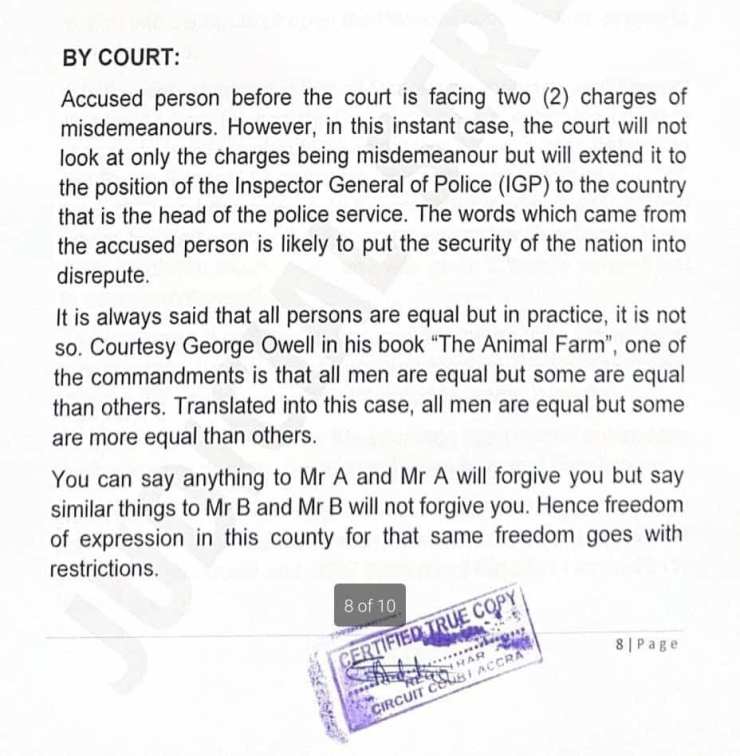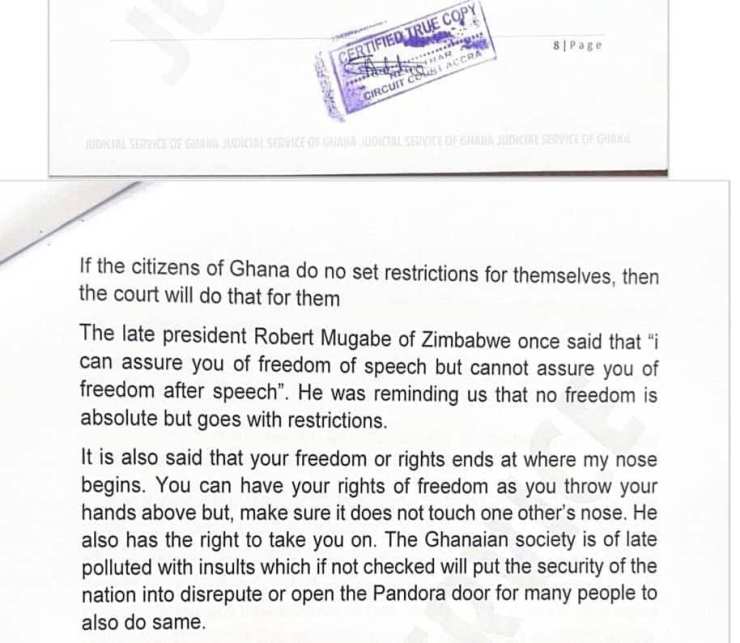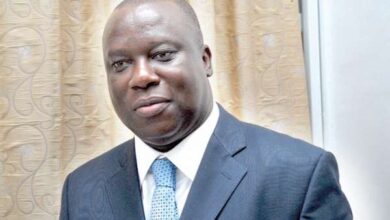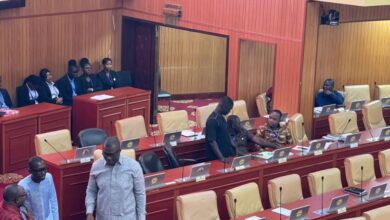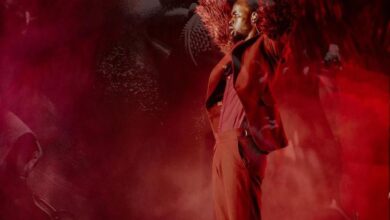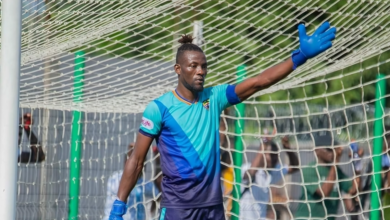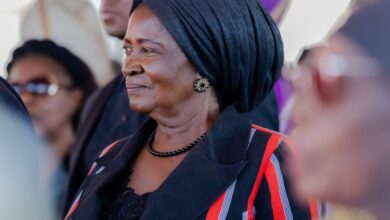No judge is above the constitution – Sammi Awuku challenges ruling on Abronye
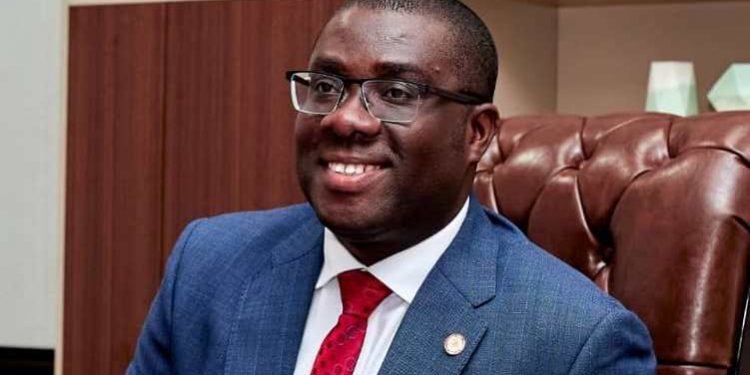
The decision by Accra Circuit Court Judge Samuel Bright Acquah to deny bail to the Bono Regional Chairman of the New Patriotic Party (NPP), Kwame Baffoe, popularly known as Abronye DC, has ignited sharp criticism, with party stalwart Sammi Awuku describing the ruling as a “travesty of justice.”
Judge Acquah, in his ruling, argued that Abronye’s alleged comments against the Inspector General of Police (IGP) went beyond ordinary misdemeanour charges, stressing that the utterances could undermine national security.
“Accused person before the court is facing two (2) charges of misdemeanours. However, in this instant case, the court will not look at only the charges being misdemeanour but will extend it to the position of the Inspector General of Police (IGP) to the country that is the head of the police service,” the judge explained.
He further drew from George Orwell’s Animal Farm to justify his stance.
“It is always said that all persons are equal but in practice, it is not so. Courtesy George Owell in his book The Animal Farm, one of the commandments is that all men are equal but some are equal than others. Translated into this case, all men are equal but some are more equal than others,” Judge Acquah remarked.
The judge went on to caution about the dangers of unchecked speech, citing late Zimbabwean president Robert Mugabe:
“If the citizens of Ghana do not set restrictions for themselves, then the court will do that for them. The late president Robert Mugabe of Zimbabwe once said that ‘I can assure you of freedom of speech but cannot assure you of freedom after speech’. He was reminding us that no freedom is absolute but goes with restrictions,” he said.
He added: “It is also said that your freedom or rights ends at where my nose begins… The Ghanaian society is of late polluted with insults which if not checked will put the security of the nation into disrepute or open the Pandora door for many people to also do same.”
But Sammi Awuku, a leading figure in the NPP, has openly challenged the judge’s reasoning, arguing that the ruling violated constitutional guarantees of equality before the law.
“Folks, I have painstakingly perused the ruling denying bail to the NPP Bono Regional Party Chairman, Kwame Baffoe Abronye and to say that I am utterly dismayed is an understatement,” Awuku wrote.
Quoting constitutional provisions, he insisted that justice must be rooted in established legal principles, not literary or extra-judicial references.
“Article 125 says that justice emanates from the people of Ghana and the judiciary shall dispense justice on behalf of the people. No Judge is thus above constitutional prescriptions in the exercise of this judicial function. Article 19 further states that no one is denied freedom and rights provided in this constitution except as otherwise provided by law. Equality before the law is sacrosanct and entrenched in our constitution,” he emphasized.
Awuku accused Judge Acquah of abandoning the guidelines that govern bail applications.
“A reading of the ruling by the Judge will reveal that the Judge jettisoned all the known principles which govern the grant or otherwise of an application for bail. Section 96 of Act 30 as further pronounced on by the Supreme Court in the Martin Kpebu case has probably the ambit for exercise of discretion to grant an application for bail,” he argued.
He also condemned the reference to Orwell’s Animal Farm as a basis for decision-making:
“For the judge to insinuate that an alleged offence against the person of the IGP should be treated as a different kind of misdemeanour and reliance on extra judicial quotations to refuse the grant of bail should not be repeated by any judicial authority and must indeed be condemned,” Awuku said.
Looking ahead, he urged Abronye’s legal team to appeal the decision.
“I genuinely hope that the lawyers for Abronye will repeat the application for Bail at the High Court for an opportunity to reverse this travesty of justice. God bless our homeland Ghana and help us resist oppressors’ rule.”
The case has been adjourned to September 19, 2025, but both the ruling and the backlash it has generated continue to fuel debate about freedom of speech, constitutional equality, and the role of judicial discretion in Ghana’s courts.
